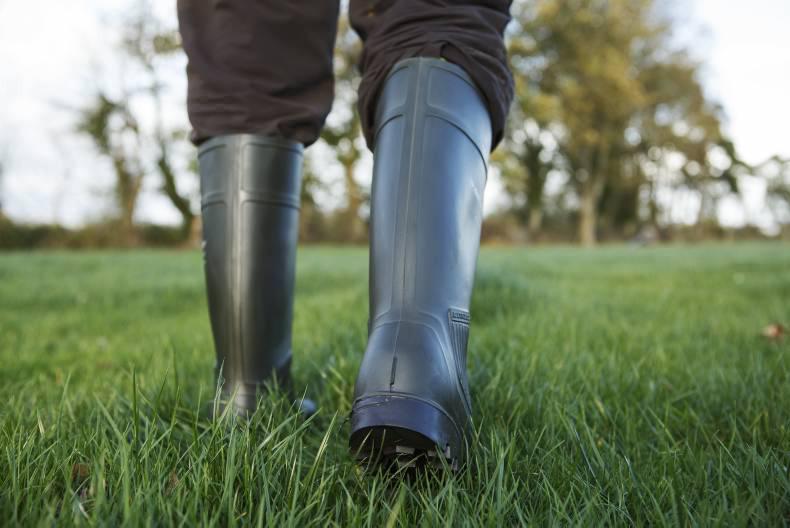Macra na Feirme has launched the organisation’s policy paper entitled CAP 2020 – Young Farmer Roadmap for Generational Renewal on the Common Agricultural Policy post-2020. The policy was developed after a significant national consultation process, which included engagement with approximately 1,000 young farmers who expressed their vision for CAP 2020.
Presenting the Macra na Feirme policy in Brussels to European Commissioner for Agriculture and Rural Development Phil Hogan, members of the EU Parliament and young farmer member organisations of the European Council of Young Farmers (CEJA), Seán Finan, national president of Macra na Feirme, stated: “We welcome the Commission’s focus on generational renewal as a key priority and we have focused on generational renewal as the key theme of our CAP 2020 policy. Our progressive and visionary policy proposes significant change to encourage generational renewal and to support active farmers of all ages.”
Finan continued: “Our CAP 2020 policy advocates for mandatory startup aid to facilitate the establishment of young farmers. Once established, we propose a mandatory young farmer top-up for all farmers up to the age of 40 and the abolition of the five-year rule, which will ensure equal treatment and access to measures for all young farmers. Our policy also advocates for a continuously funded national reserve once established for farmers with low-value or no payments. On the issue of succession, Macra na Feirme’s innovative proposal offers the European Commission a clear inter-generational succession planning model to aid the exit from the industry of older farmers who want to retire.”
Finan concluded: “Our proposals aid the establishment and highlight the ongoing need to support young farmers, but also offer a mechanism for the approximate 45% of older farmers who have a desire to retire. We recognise the contribution and experience of older farmers within the industry, which can be of tremendous benefit to a younger farmer starting their farming career.”
CAP budget and Brexit
Despite global events, political circumstances and Brexit, it is crucial that every effort is made to protect the CAP budget with the ambition required to increase it. Macra na Feirme calls for 10% of the total CAP budget to be dedicated to young farmer measures. Young Irish farmers should not be disadvantaged in any way as a result of Brexit, a political decision not of their making.
Young farmer definition
Macra na Feirme proposes that all young farmers under the age of 40 be treated equally across all CAP measures with the abolition of the five-year rule and that agricultural education be a mandatory requirement in all member states.
Intergenerational renewal
For the future of European agriculture, it is essential the numbers of young trained farmers within the EU increases. Macra na Feirme proposes a young farmer top-up for all young farmers under the age of 40 and a continuously funded national reserve to bring all young farmers up to national average payments.
If generation renewal is to become a successful legacy of CAP 2020, targets must be set as to a realistic and acceptable level to reduce the average age of EU farmers. Macra na Feirme proposes a new focus on farm succession rather than retirement. This would be funded through the RDP and create a positive view around farm succession, that supports older generations. Macra na Feirme proposes that upon reaching 63, it becomes mandatory for a farmer to complete a farm succession plan. At the age of 65, farmers avail of a transition payment up to the age of 70 and if a farmer wishes to continue to receive CAP supports beyond the age of 70, such a farmer would need to get involved in a collaborative farming arrangement.
Macra na Feirme proposes a mandatory young farmer startup aid measure for vouched expenditure and necessary capital inputs and investments at establishment. Funding through the Rural Development Programme, recipients must be under the age of 40, started agriculture within a defined timeframe, have completed a farm development business plan and have completed agriculture education.
We cover the active farmer definition, direct payments, environmental and Rural Development Programme measures.






 This is a subscriber-only article
This is a subscriber-only article










SHARING OPTIONS: